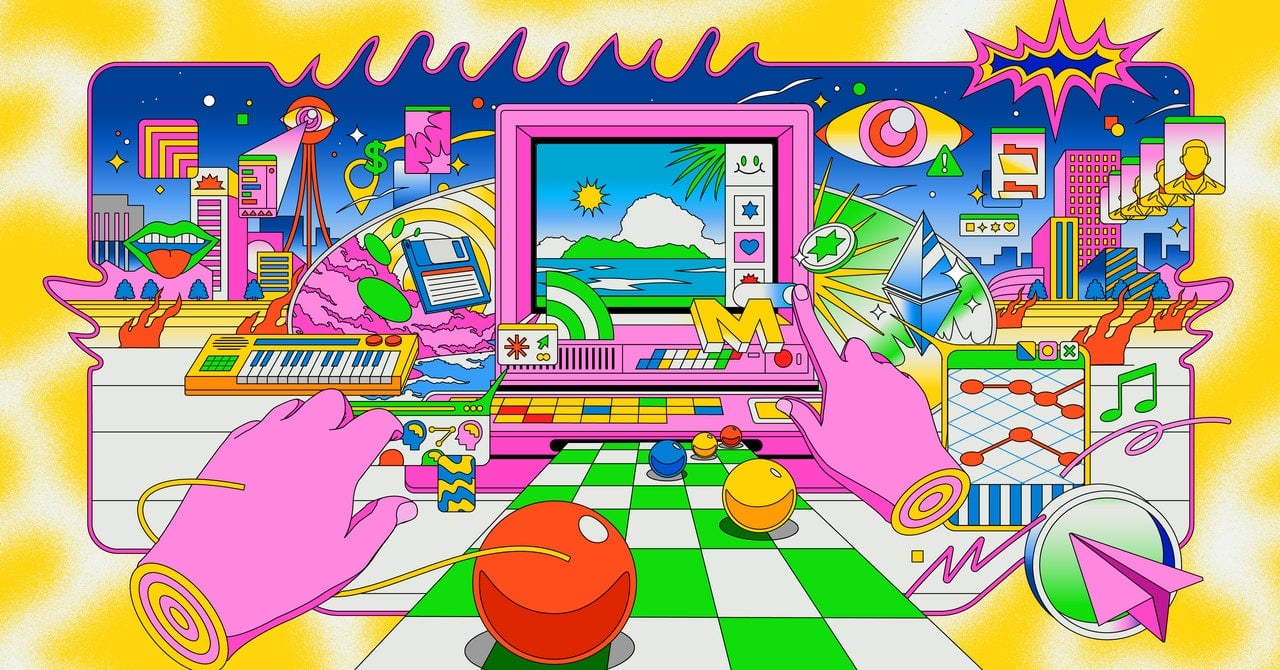Use open-source software! Do not rely on “someone else’s computer”. Build your own locally hosted cloud! If you can use open-source hardware when doing so: awesome. If not, make at least sure that everything needed to run the system is open.
Build your own locally hosted cloud!
This is the hard part to sell people. I feel like for self-hosting to become popular, there would need to be a “plug ‘n’ play” device that essentially has everything you need to set up a small server on your home network. If you could set up a home server as easily as you can set up a Google Home device, that would be amazing.
I run a bunch of stuff on Docker on my Synology NAS. It’s not quite plug and play but at it’s best it’s quite within the realm of someone who’s got some computer skills. At it’s worst though it can suck up a lot of time. I enjoy that kind of stuff when it’s not mission critical but I used paid cloud services at work for things that I run for free at home - precisely because I don’t want to be the one dealing with downtime in an emergency situation.
“Quite within the realm of someone who’s got some computer skills” means “inaccessible to most people”. I don’t mean to sound like an ass about it, but most people just don’t care enough about this stuff to invest even a bit of time in it (nevermind the upfront cost for a Synology or Qnap NAS).
Sure - but you’ve got to start somewhere. There are a lot of people who aren’t experienced sys admins who are buying raspberry pis or arduinos and they are probably really good candidates for self-hosting some of their services. I was surprised to find my neighbor (who’s a PM with a physical security system company) trying to do something with chatGPT, at first I was a little dismissive because i figured she was just typing prompts into the website, but in reality she was having issues with the python bindings and getting her virtual environments straight. If you can get to that point, you can surely self host stuff.
I run git locally for some of my projects and that was trivial to set up - I think anyone who’s used github would have comparable skills to self host gogs or gitea.
Certainly it’s somewhat expensive, but people spend a lot of cloud hosted services too. I’m sure in my house we’re dropping over $100/month on dropbox, chatgpt, google, adobe and probably a half-dozen smaller ones.
Acronyms, initialisms, abbreviations, contractions, and other phrases which expand to something larger, that I’ve seen in this thread:
Fewer Letters More Letters Git Popular version control system, primarily for code NAS Network-Attached Storage RPi Raspberry Pi brand of SBC SBC Single-Board Computer
[Thread #17 for this sub, first seen 10th Aug 2023, 17:55] [FAQ] [Full list] [Contact] [Source code]
Us, selfhosters - sure.
Average person who value convenience over privacy/cost - no. They’ll continue to pay and be in prisoned by the cloud.
Some might say they’re freeing themselves in a way though. Self hosting requires dedicating time you could spend doing other things especially when things break. People pay for convenience and saving time. When we simplify self hosting and updating to a point people can just download apps and press go then it will make sense for the average person
This. Self-hosting doesn’t need to be a nerd thing.
Docker kinda does it by being like an app store but for servers. It’s not very flexible but everyone using a particular image gets the same experience.
This article, as much as I agree with it, conflates cloud hosting and remote-only software design. Cloud hosting really is a prison, but mostly for developers that are lured by its convenience and then become dependent on its abstractions. What we experience today in most mainstream software isn’t necessarily coupled to cloud hosting, but is instead a conscious product design choice and business strategy to deny users power and control of their data. In short, cloud providers like AWS, Azure, and GCP are doing to software companies what those companies are doing to us. There is a way to use shared data centers without this kind of software design philosophy. As mobile continues to dominate, the solution we need likely involves remote servers but with a model that treats them with skepticism and caution, allowing data portability and redundancy across a variety of vendors. I should be able to attach a few hosting services to a software experience I use and transfer my data between them easily. The idea that local-first software is “freed from worrying about backends, servers, and [hosting costs]” is misleading, since my local device has to become the client and/or server if there is any connectivity happening over the internet. Wresting control of our data from the dominant software companies will require creating experiences that are not only different, but better, and doing that with a mobile phone passing between cell towers functioning as the server is a tall order. We have grown to expect more than intermittent connectivity with conflict resolution. Nonetheless, we absolutely should not accept the current remote-only software paradigm, but instead need to devise better ways to abstract how remote hosts are inhabited and create a simple multi-host option that is intuitive for consumers.
Hey, you make a great point. There’s a false dichotomy being presented here. As you see it, local-first is a bit of a misnomer when you already expecting your device to join a remote environment.
Yes, makes sense that we’re being lured by the so-called cloud hosting. Following a business model that sells convenience in lieu of data control, cloud providers are distorting our current understanding of remote hosting. They’re breaking the free flow of information by siloing user data.
Now, with that being said, I’d like to add something about your presentation. I’d suggest you avoid walls of text. Use paragraph breaks. They’re like resting areas for the eyes. They allow the brain to catch up and gather momentum for the next stretch of text.
Regardless. You brought light to this conversation. For that, thank you.
I’m glad you found my take engaging!
Paragraph breaks now enabled.
Some sort of cloud backup is always good in terms of physical damage to your hw.
I really like to use open source and most of the software on my computer is open source, but it’s not always possible
I backup my Docker configs to Google Drive but that’s about it in terms of self-hosted software.
Not with closed source OS’s it won’t.
It’s funny how the pendulum swings, first people would never let other people have their files, then they invested wholesale in cloud computing, now they are seeing the downtimes and expense and are backing off.
Same thing with client/server, had it in mainframe days, then got away from it with PCs, now we have Chromebooks and Microsoft wants Windows to run from the cloud, which is basically back to client/server again.
Looking at old defunct forums and blogs on the Wayback Machine, spam and security problems are frequently-cited reasons for shutting down or going read-only.
Over time, the internet has gotten more hostile.
Thanks! Good read
I felt this “prison” very strongly with iCloud. Don’t get me wrong, I think iCloud functions exceptionally well. It’s an extremely well integrated cloud and works seamlessly with all Apple products. It’s just that after a while I start to realize just how much of my life was sitting on Apple servers and what a dependency I had on Apple, hoping they are the good guy (narrator: they were not, in fact, the good guy) or at least, not as bad as the next best option (I feel Google has legitimately become evil at this point). I was constantly reading about security and getting myself worried, etc.
Finally I just bought a NAS. Synology is my current choice, but use whatever you prefer. A NAS can replicate anything the “cloud” can do, it’s faster, it’s safer, it doesn’t rely on the good graces of any cloud provider. YOU hold the access to your data. As it should be. I still use the “cloud” for my backups with HyperBackup sending encrypted backups to Wasabi, but that is a different matter. Even if Wasabi decided to be evil, my data is encrypted before it ever leaves the NAS and Wasabi could never see my raw data like Apple/Google can.
The only thing holding people back from this, I guess, is price. Apple charges $0.99/month for 500gigs, while just the NAS itself with no drives will cost you several hundred. But man, not being worried about the latest cloud drama, government overreach, privacy scandals, etc is worth every cent. A Synology NAS with Tailscale is just about the safest place to put my data. All the Snyology mobile apps even pass the gf test for features and ease of use. I recommend a small 2-bay NAS to everyone I can.
Turn off the cloud, and take your data back.
deleted by creator














